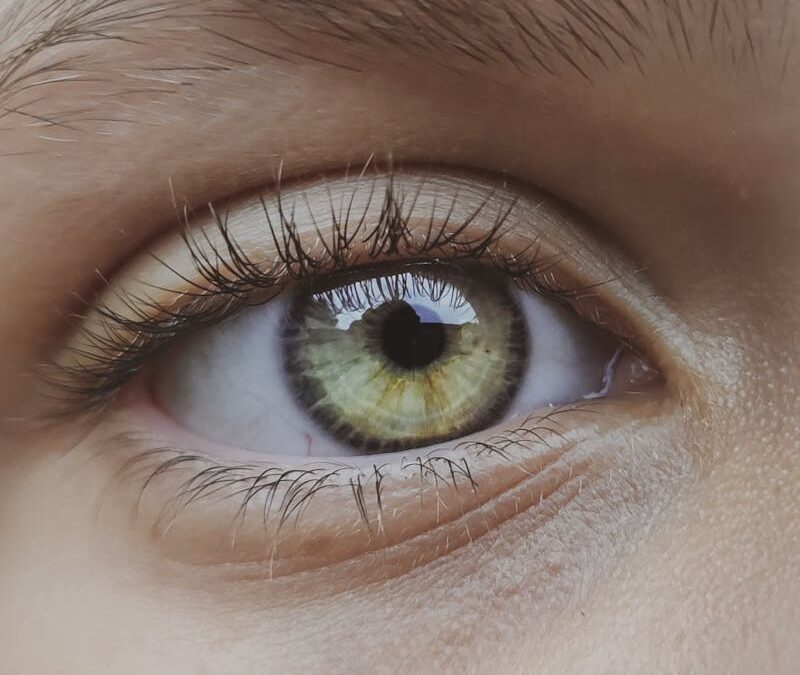The article “Potential Tear-Based Uveitis Biomarkers in Children with JIA: A Pilot Study” explores the possibility of using proteins found in tears to detect uveitis, an eye condition that can occur in children with juvenile idiopathic arthritis (JIA). Uveitis can lead to vision problems, and because it doesn’t always show symptoms, regular eye exams are crucial for early detection.
In this pilot study, researchers compared tear samples from 28 children with JIA—14 of whom had uveitis (JIA-U) and 14 who did not (JIA-no-U). They used advanced techniques to analyze the proteins in the tears to see if there were differences between the two groups. Out of the 13 proteins identified, 8 showed significant differences between children with uveitis and those without. Most of the proteins were higher in children without uveitis, except for one called cathepsin D, which was linked to retinal health.
The study also found that arthritis activity might influence the presence of certain proteins, as more differences were seen in children whose arthritis was not active at the time. The researchers believe that the proteins in the tears of children with uveitis could be linked to inflammation and damage to the protective barriers in the eye.
In conclusion, while the study shows potential for using tear-based biomarkers to detect uveitis in children with JIA, larger studies are needed to confirm the findings.

